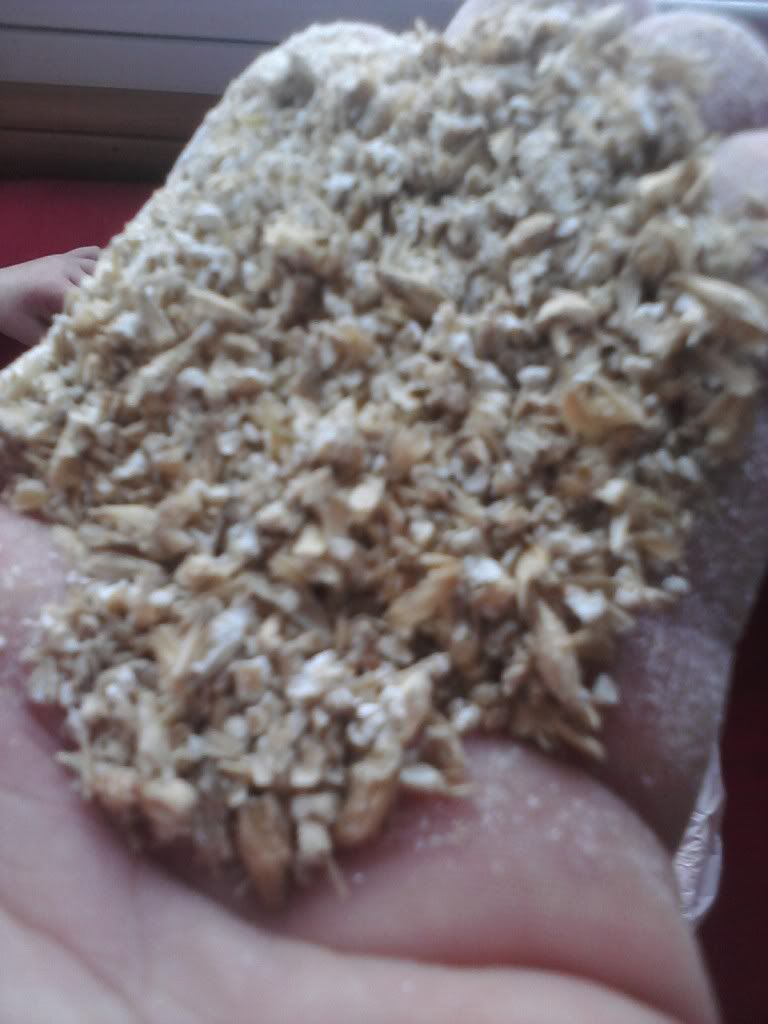And cheers to you sir!
So, I know I'm a broken record here, but what other benefits has anyone experienced? Once the whole vorlauf vs marbles debate is over, I'd love to hear what people have experienced with conditioning in relation to flavor, efficiency, etc. How about color? Tannin extraction? Did anyone here have an issue that they cleared up by moving to conditioning their malt?
As a total *Hijack* I would encourage all of you looking for better efficiency to get into water chemistry. The mill at my LHBS never got me much over 72-75% until I dove into that. It is a cheap, easy way to boost your efficiency.





